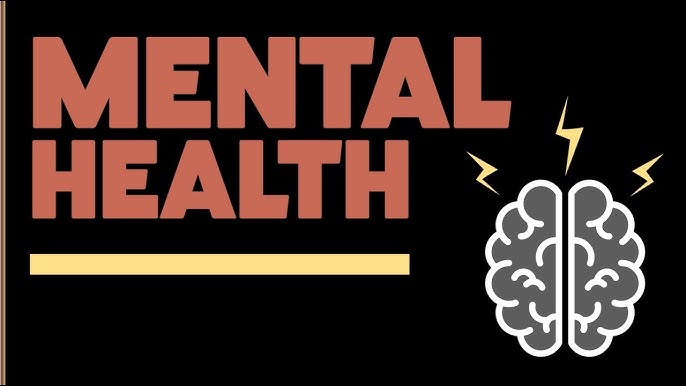Mental health issues refer to a wide range of conditions that affect mood, thinking, and behavior. These conditions can significantly impact a young person’s ability to function in daily life, so understanding them is a key step for parents and guardians. Here is more information on the types, causes, signs, and treatments for mental health issues in children and adolescents:
What Are Mental Health Issues?
Mental health issues are medical conditions that disrupt a person’s thoughts, feelings, and ability to relate to others. These conditions can cause distress and problems in social, work, or family activities, and they are not a result of personal weakness. A diagnosis is typically made when ongoing signs and symptoms cause frequent stress and affect the ability to function.
These conditions are diagnosable and can be managed with appropriate interventions. Just like physical health, mental health may fluctuate over time, so ongoing awareness and support are beneficial. Understanding that these are medical conditions is the first step toward seeking effective help.
What Are the Different Types?
There are many types of mental health conditions, and some are more common in children and adolescents. Anxiety disorders involve persistent, excessive fear or worry, while depressive disorders are characterized by ongoing sadness and a loss of interest. Attention-deficit/hyperactivity disorder (ADHD) includes a pattern of inattention and/or hyperactivity-impulsivity that interferes with functioning.
Another type includes bipolar disorder, which involves periods of mania and periods of depression. Post-traumatic stress disorder (PTSD) can develop after experiencing a traumatic event, and obsessive-compulsive disorder (OCD) features unwanted thoughts and repetitive behaviors. Each condition has specific criteria for diagnosis, and a professional can provide an accurate assessment.
What Causes Them?
The development of these issues is often complex, and there is usually no single cause. A combination of genetic, biological, environmental, and psychological factors potentially contributes to their onset. A family history of mental illness can increase susceptibility. Environmental stressors like trauma, abuse, or significant life changes may also trigger a condition in a vulnerable individual.
What Are the Signs?
Recognizing the signs of a disorder is helpful for early intervention. While symptoms vary depending on the condition, certain indicators may suggest a problem. Observing these signs prompts a discussion with a healthcare provider.
Common signs include:
- Changes in Mood: This can look like prolonged sadness, irritability, or a loss of interest in activities the child once enjoyed.
- Social Withdrawal: A child may start avoiding friends, family, and social events they previously liked.
- Changes in School Performance: A noticeable drop in grades or difficulty concentrating is a sign.
- Alterations in Sleep or Appetite: Significant changes, such as sleeping too much or too little, are also indicators.
What Are the Treatment Options?
Several effective treatment options are available for managing these conditions in young people. The specific plan will depend on the individual’s diagnosis and needs, and it is often developed in collaboration with a mental health professional. A combination of treatments may be recommended to achieve the desired outcomes.
Therapy, also known as psychotherapy, is a common treatment where individuals talk with a professional. Medication, such as antidepressants or stimulants, may be prescribed by a psychiatrist to manage symptoms. Lifestyle changes, including regular exercise, a balanced diet, and sufficient sleep, also support overall mental well-being and complement other treatments.
Seek Professional Help Today
Understanding mental health issues is the first step toward supporting a child or adolescent. Recognizing the types, causes, signs, and available treatments allows parents and guardians to take informed action. If you notice concerning signs in your child, seek an evaluation from a qualified professional.







